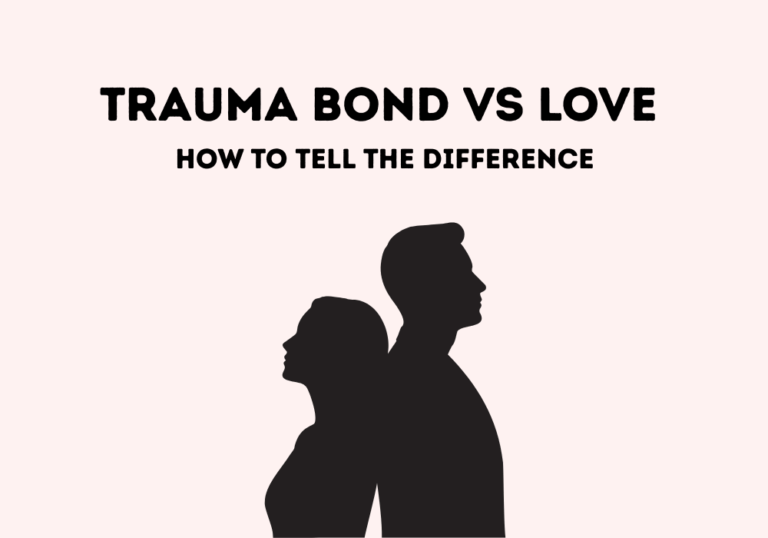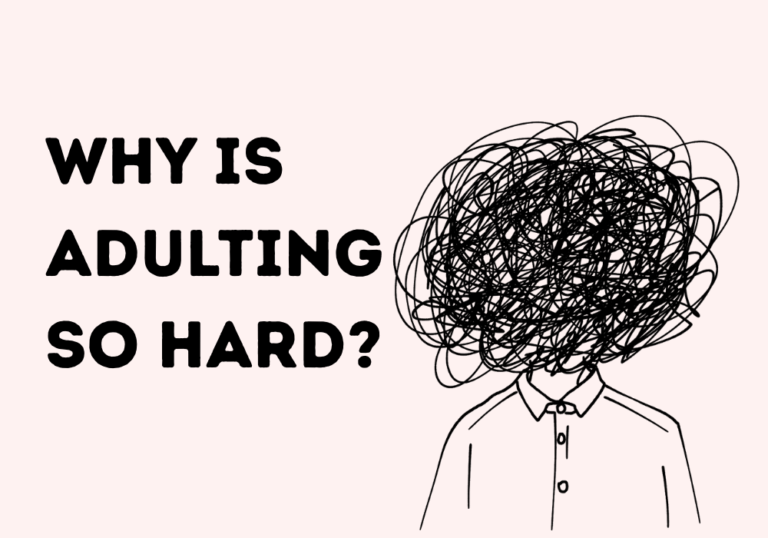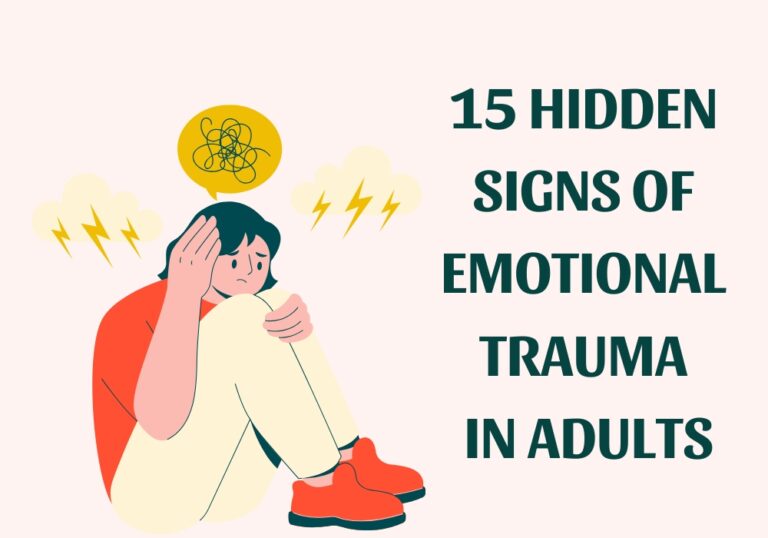What is emotional eating?
Emotional eating occurs when you turn to food to deal with your emotions rather than to satisfy actual hunger. It’s a method for handling tough feelings, like stress or sadness, fighting boredom, or getting a quick mood boost.
The challenging aspect of emotional eating is the loss of control over one’s behavior. One’s eating habits might change randomly, and that can be frustrating, especially if you’re trying to stay healthy.
The first thing you should do to stop emotional eating is to learn the difference between being hungry and the desire to eat because of emotions. Once you start noticing your feelings and paying attention to when and why you eat, then making healthier choices and taking control will be easier.
The difference between emotional hunger and physical hunger
What is emotional hunger?
As the name suggests, emotional hunger comes from the mind, not physical symptoms from the body. This hunger is often caused by stress, boredom, sadness, and even happiness. People who are mentally hungry often crave certain comfort foods instead of actual nourishment for their bodies. This can lead to mindless eating and drinking because the cause of hunger is not physical.
Examples of emotional hunger:
- Craving ice cream when you’re tired from work.
- Craving chocolate when you’re lonely or sad.
- Eating a whole bag of chips when you’re tired.
How to recognize mental hunger?
- Emotional hunger comes on suddenly and quickly, while physical hunger comes on slowly.
- Emotional hunger often leads to cravings for certain foods, while physical hunger takes many forms.
- Emotional hunger is usually in the mouth or brain, while physical hunger is felt in the stomach.
- Emotional hunger is usually tied to guilt or shame, while physical hunger is satisfied without those emotions, leaving you feeling content after eating.
What is physical hunger?
Physical hunger, on the other hand, is a sign of the body’s need for food and nourishment. This hunger is controlled by the body’s need for nutritious food and the provision of essential nutrients. Physical hunger usually begins slowly and can be satisfied by a balanced diet that includes protein, carbohydrates, fats, vitamins, and minerals.
Examples of physical hunger:
- Feeling dizzy and shaky due to low blood sugar.
- Understand that your body needs energy to function properly.
- Not having eaten for several hours and feeling a rumbling in your stomach.
How can you tell if you are physically hungry?
- Physical hunger starts gradually and is accompanied by physical symptoms such as a rumbling stomach or weakness.
- Any type of food can satisfy physical hunger because the body is open to different things.
- Physical hunger is in the stomach because the body sends signals that it needs energy.
- After eating, physical hunger is often accompanied by fullness and satiety.
What are the signs of emotional eating?
1-You eat when you are stressed:
When you’re busy with work, studying, or preparing for exams, you might find yourself reaching for food without thinking. This is especially common when you’re working late at night alone, but it can happen during the day too, even around others. The more stressed you are, the more likely you are to use food as a way to relax and cope emotionally.
Related: 10 Effective Techniques to Reduce Stress
2-You eat as a response to your emotions:
You might find yourself eating when you’re feeling sad, frustrated, lonely, angry, anxious, or even bored. It happens so automatically that you don’t even realize you’re doing it. It’s almost like a reflex—reaching for food to numb the tough emotions you’d rather avoid.
3-You eat when you feel happy:
They see that food is a necessary accompaniment to happy feelings, just as people eat to celebrate good news.
4-You have random food cravings out of the blue:
Sometimes, you feel like you have to eat certain food, that you can’t explain yourself. And it’s not even that you’re hungry. It’s only a craving that you should satisfy, or else you’ll feel sad for the day.
Related: Feeling Blue? Here’s What You Can Do to Feel Better
5-You eat even when you are rightfully full:
No matter how much you eat, no matter how full you feel, you are never completely satisfied. Any satisfaction you get from eating is temporary, and you return to eating after a while to regain that excitement.
6-Boredom or feelings of emptiness:
Do you ever eat just to give yourself something to do, to alleviate boredom, or as a way to fill a void in your life? You feel unfulfilled and empty, and food is a way to occupy your mouth and your time. At the moment, it fills you up and distracts you from underlying emotions of purposelessness and dissatisfaction with your life.
Related: 21 Ways to Avoid a Boring Life
7-Shame or guilt:
Feeling shame or guilt about your eating habits is another sign of emotional eating. This happens when you turn to food to deal with emotions like sadness or anxiety. Afterward, you may feel bad about your choices, which shows that food is being used to cope with feelings, not just to satisfy hunger.
How To Stop Emotional Eating And Be Mindful Of Your Diet?
If you find yourself succumbing to emotional eating, there are steps you can take to help you break the addiction.
1-Pay attention to why you’re eating:
Studies shows that the first step in overcoming emotional eating is recognizing when you’re eating because of emotions, not actual physical hunger. Ask yourself: Is your body really hungry and needing food, or are you eating because you’re bored, lonely, sad, or disappointed?
2-Don’t obsess over food:
It’s important to listen to your body and know when it’s truly time to eat, but try not to obsess over food, or you might end up overeating.
If you feel the need to snack, choose healthier options. For example, try popcorn instead of biscuits, dates instead of candy, or nuts instead of chips. You could also go for yogurt instead of ice cream, or fruit instead of sugary snacks. Making these small swaps can help you satisfy cravings in a healthier way.
3-Stay hydrated:
Drinking enough water is especially important when you’re stressed. Sometimes, we think we’re hungry or tired, but we’re actually just dehydrated. Instead of reaching for sugary drinks, try a glass of water or a calming cup of tea to help you feel better.(water is much better)
4-Get Adequate Sleep:
Aim for 7 to 8 hours of sleep each night, as lack of sleep can mess with your hormones, raising cortisol levels and making you crave sugary foods for a quick energy boost. When you don’t get enough rest, your body struggles with appetite control, leading to increased food cravings.
Getting plenty of sleep helps balance your hormones and reduce those cravings, making it easier to manage your eating habits.
Related: Sleep Deprivation: Symptoms, Causes, & 10 Effects
5-Practice mindfulness:
Mindfulness is a powerful way to manage stress eating and improve your relationship with food. It involves being fully present at the moment, which can help you make better food choices and reduce cravings. Practices like focusing on your breath, doing a body scan, or meditation can help reset your nervous system and calm stress. Mindful eating encourages you to slow down and pay attention to how food looks, smells, tastes, and feels, helping you decide if you’re truly hungry or if you need something else. It takes time to learn, but with practice, it can lead to healthier eating habits.
Related: How Meditation Will Change Your Life?
6-Don’t Tempt Yourself:
To avoid unhealthy eating, keep those foods out of your home. If you’re worried about making poor choices while shopping, stick to a healthy food list and never go to the store when you’re hungry or in a bad mood.
It’s okay to indulge in your favorite comfort foods now and then, but be mindful of the ones you have trouble controlling. If you find it hard to stop once you start, don’t keep them at home. For instance, instead of buying a whole bag of chips, enjoy them as a treat when you’re out with friends, so they’re not always within reach.
7-Don’t allow yourself to get too hungry:
You’ve probably heard the term “hangry,” a mix of “hungry” and “angry,” used to describe someone who gets irritable when they haven’t eaten in a while. To avoid this, try eating foods that help keep you full longer, like proteins. These can help prevent those mood swings and keep you satisfied until your next meal.
8-Wait 20 minutes:
Emotional eating often makes you feel like you need to eat something right away. The cake seems to demand your attention. Instead of giving in immediately, try making yourself a cup of tea and tell yourself that if you still want the cake after 20 minutes, you can have it. Most of the time, by then, the urge will have passed, and the craving for something sweet will fade on its own.
9-Eat mandarin (oranges):
Not only are tangerines portable and easy to peel and eat, but they’re also high in vitamin C, which can help boost your immunity. Plus, citrus smells so good and it relieves stress.
10-Make Your List of Other Options:
One of the best ways to stop emotional eating is to create a list of activities that can help you feel better without reaching for food. Things like connecting with others, practicing mindfulness, meditating, or exercising can all lead to feelings of cravings but won’t cause guilt or sadness. These activities can help relieve stress, facilitate stress management, and reduce appetite.









Thanks for your blog, nice to read. Do not stop.